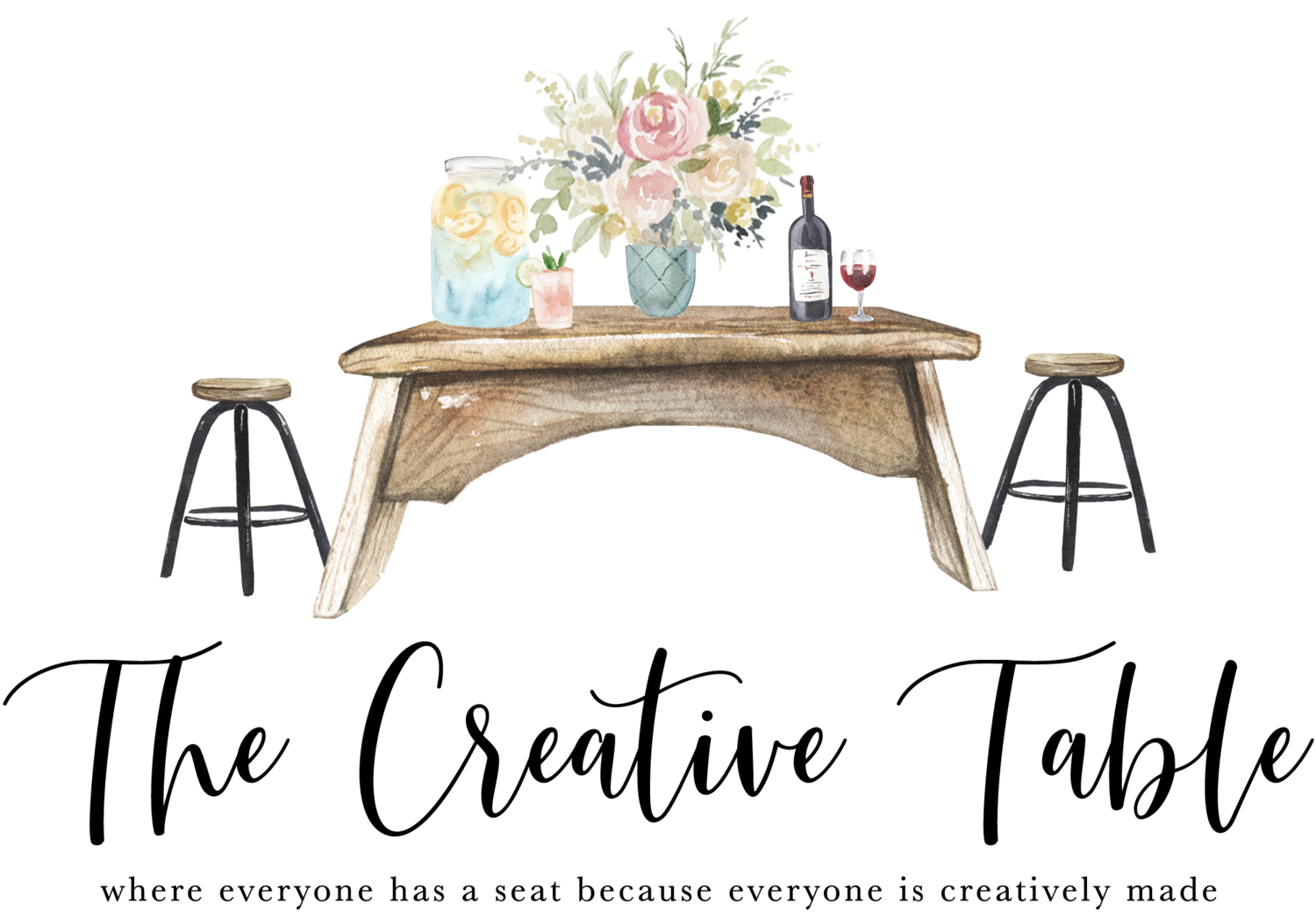Solo Journey: An Only Child’s Reflections on Losing a Parent
I haven’t written in a while. Not because there hasn’t been anything to say, but because sometimes life grows so loud and weighty that words feel like shallow rafts on deep water. Today, I sit in the quiet of my house, the hum of a million thoughts on my mind and feelings in my heart, and I find that maybe it’s time to give shape to what this current season is teaching me… the tender ache of losing a parent as an only child.
When you lose someone you love deeply, loneliness is a given. But when you lose a parent and have no siblings to shoulder the ache with you, the loneliness feels oddly double-sided. There is family: my husband, my daughter-in-love, my grandson, my aunts and uncle, and yet there is something so unmistakably missing: the one who would look across the hospital bed and meet your tired eyes because they carry your exact ache.
I think about how different it was to lose PJ eight years ago; how grief then came with a frantic scramble to stop time, to breathe life back into lungs that would not hold it. Losing a child is against the order of things; losing a parent is within it… and yet both rend the soul.
This time, there is no panic. Instead, there is the soft, persistent drip, drip, drip of time running out. There are moments when I wonder: Am I doing enough? Should I be at Mom’s bedside every minute? Should I quit everything else and sit and wait? Or does love look like balancing the needs of my parents, my marriage, my little family, and my own soul? I don’t know. I think I have it figured out – yes, those are the exact things I need to take care of first. There is an order in the care, and somehow, the weight of being an only in this scenario brings with it a displaced sense of guilt. In just the last two days, I have debated my thoughts and feelings. I have literally had to say out loud, “Your husband comes first. You cannot care for others if you don’t care for yourself. It’s ok to be at home and rest.” Yet none of that seems right, like wearing a wet, wool suit in the middle of the Tucson monsoon season. Then, right at that moment when shame is bound to try to sneak in on the coattails of the guilt infiltration, I get a text from our hospice nurse asking how Mom is doing today and then telling me what a great job I’m doing and that I need to take care of myself. God knows when we need those whispers, and He sends them through whomever He chooses.
One of the hardest lessons I am learning is that honoring my parents doesn’t always look like self-erasure. There is no blueprint for this. The world wants to divide it neatly: you either give up your whole life to be a caregiver, or you delegate and show up on the edges. What about the in-between? The constant, daily choosing to keep showing up imperfectly, and to trust that grace covers the gaps.
Scripture tells us: “Honor your father and your mother…” (Exodus 20:12). But it doesn’t spell out how that looks when you’re driving back and forth, checking medication schedules, and also trying to cook dinner for your spouse. I am now finding myself whispering often: Honor looks like presence, not perfection.
We run from grief. We are hardwired to flee what hurts. It’s why God gave us pain receptors: so we move our hand off the stove when it burns. But some pain isn’t meant to be avoided. Some valleys are meant to be walked through, not around. Actually, some valleys must be walked through – there is no other way out but through. St. John Chrysostom wrote, “They whom we love and lose are no longer where they were before. They are now wherever we are.[1]” Grief is not an interruption to life; it is a deeper invitation to see the invisible, the holy, the sacred: that death is not the end, that loss cracks us open to the mystery of eternity.
I’ve been learning, slowly and stubbornly, that sorrow is not a sign of weak faith. It’s not evidence of doubt. It’s actually a thread that runs through the whole gospel story. Scripture doesn’t tiptoe around grief; it names it plainly, sits with it, and even blesses it.
Jesus Himself did not bypass the sting of loss. Standing at Lazarus’ tomb, knowing He was about to call His friend back from death, He still wept (John 11:35). He wept because death is an intruder, not what we were made for. He wept because love is costly, and grief is love’s echo in a world that waits to be made whole.
St. Augustine wrote, “The tears I shed at the loss of my mother were, for my God, a sacrifice of my heart.[2]” I read that line lately and found myself nodding as we approach the space of my Mom crossing over. Tears are not wasted, not embarrassing, not proof of failure. They are prayers that don’t need words. Sometimes the holiest thing we can do is let them fall in the quiet: in the car, in the hospice chair, in the shower where no one sees but the God who weeps with us.
Our instant gratification culture so often tries to sanitize grief, rush it along, or organize it into neat stages. But sorrow is wild. It doesn’t obey calendars or tidy formulas. As Nicholas Wolterstorff, who buried his son, wrote, “The wounds of this grief are always present. I shall look at the world through tears. Perhaps I shall see things that dry-eyed I could not see.[3]”
Goodness, how I want to hold on to that thought on days when the ache is sharpest. Grief can widen our eyes. It peels away the little things we tend to be distracted by, and exposes what matters most…love, presence, eternity, the One who promises to wipe away every tear someday but doesn’t rush us to stop crying today.
Psalm 34:18 reminds me: “The Lord is close to the brokenhearted and saves those who are crushed in spirit.” He doesn’t wait for us to mend ourselves before coming near. He draws closer because we are cracked wide open. Very often, it is more like being shattered into a million tiny pieces that, to our human understanding, seem utterly destroyed and irreparable. In these raw places, where I feel most alone as an only child, I find I am not truly alone at all. There is a nearness that words can’t pin down, but I know it when I sit in the hush at my mom’s side and feel His presence settle over us both.
Isaiah 53:3 calls Jesus “a man of sorrows, acquainted with grief.” He knows this road. He does not stand at the edge and chide me to hurry up and get over it; He sits with me in the hallway and holds my weeping. He knows the ache of goodbye. He knows what it means to lose and to be lost, and yet to hold resurrection in His hands.
There is no fixing the pain of losing a parent. But there is this promise: the valley of the shadow of death is still His valley. And when the shadow stretches long, dark, and heavy, His rod and staff comfort me; sometimes through the hospice nurse who speaks gently, sometimes through a friend who calls at the exact right moment, sometimes through the steady hand of my husband who reminds me to breathe.
I wish I could end this with a tidy bow. I can’t. There is no fix for the hole a parent leaves behind. The grief does not shrink; life grows bigger around it, making space for the laughter and the ordinary Tuesday dinners and the surprise spring blooms that whisper: “Even here, I am making all things new.” He plants seeds in the valleys with every tear we shed.
So this is where I stand: the only child, holding vigil, sometimes with strength, often with trembling hands. I do not have a sibling to lean on, but I have a Savior who does not slumber nor sleep. I have friends and family who stand near. And I have the quiet, relentless hope that one day, death will die, too. “Precious in the sight of the Lord is the death of His faithful servants.” (Psalm 116:15)
To you who walk your own valley of loss, don’t run from it. Step into it, fists clenched if you must, but heart open. Grief will carve you, yes, but it will carve room for a beauty you have not yet seen.
[1] Attributed to St. John Chrysostom (c. 347–407), from homiletic tradition.
[2] Augustine, Confessions, Book IX, Chapter 12.
[3] Nicholas Wolterstorff, Lament for a Son




